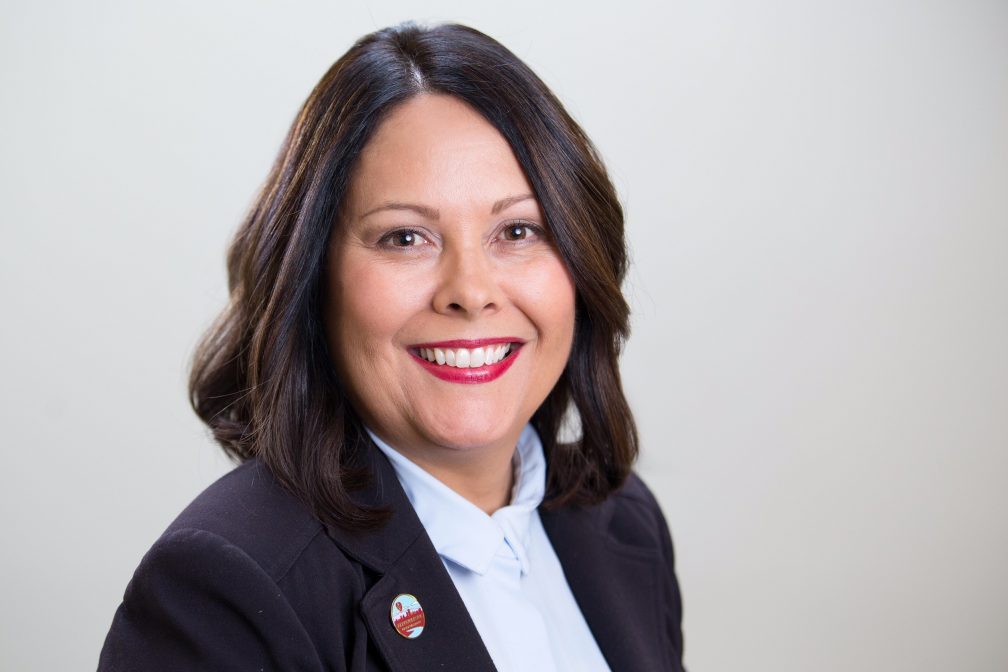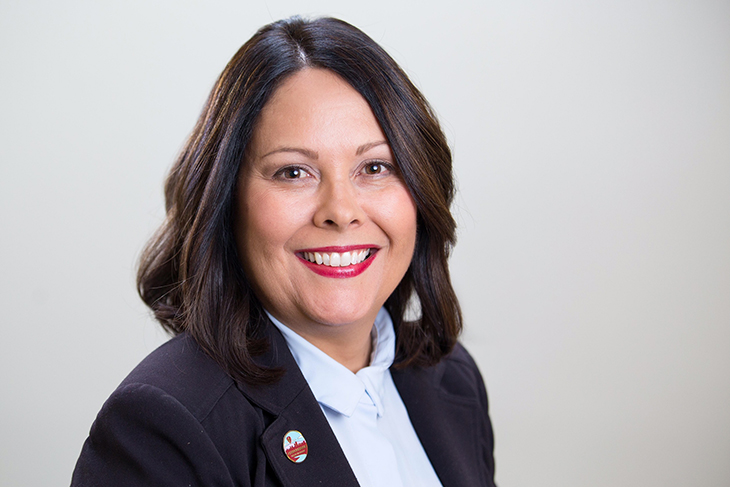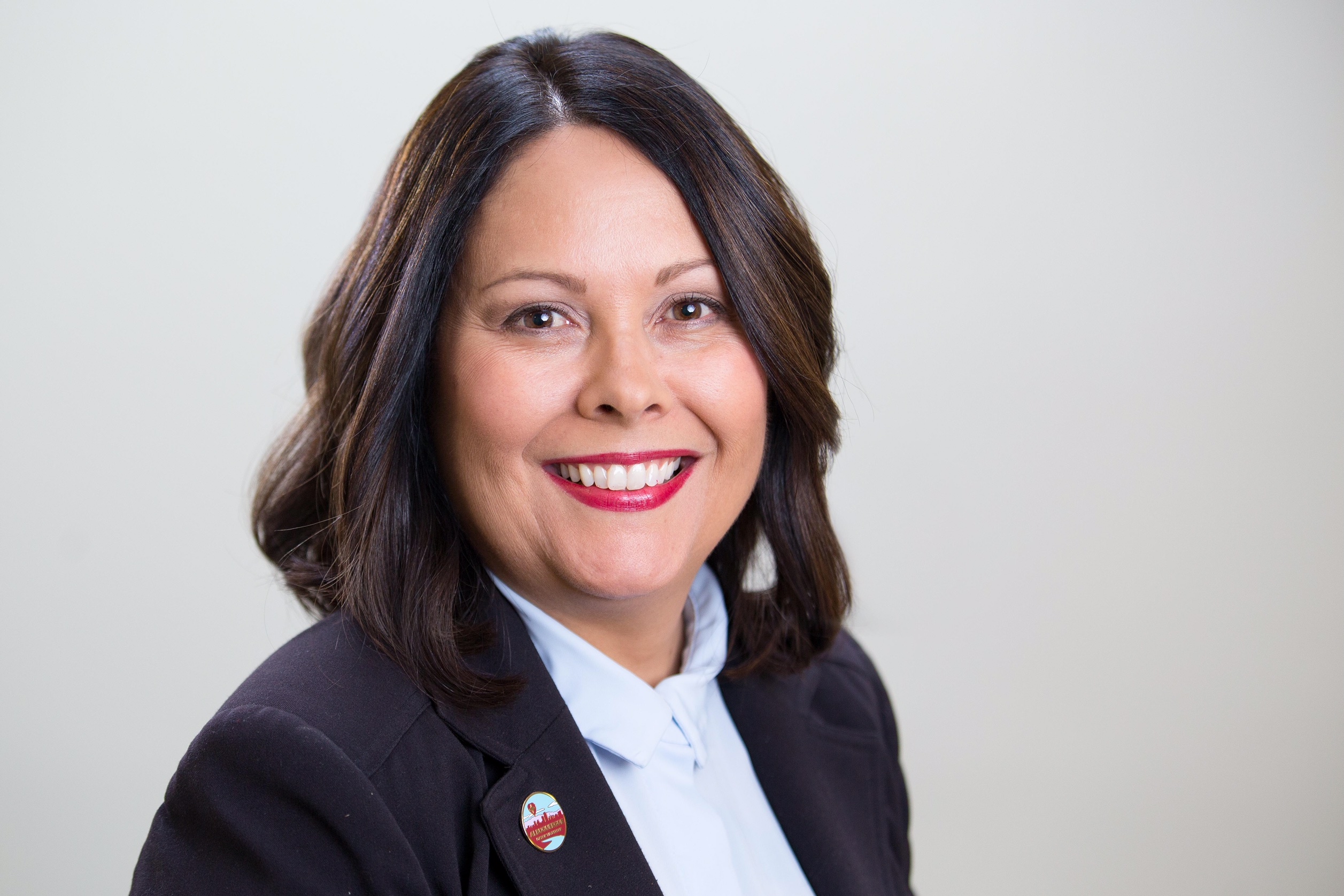On Hispanic Heritage Month: The Complex Intersections of Race, Culture, History and Economy
By Michelle Melendez, Director of Equity and Inclusion, City of Albuquerque | September 27, 2018
If we are to tackle the issues that are holding Hispanics back, we must start by questioning our own thinking, and by deconstructing the social construct and rebuilding systems that work for all people.Michelle Melendez, Director of Equity and Inclusion, CABQ
The typical Hispanic Heritage Month column lauds the contributions of Hispanic Americans to the nation’s multi-cultural fabric. Invariably and with good reason, Latino veterans are honored and Latinx leaders and business owners are praised for making strides to lift Hispanic Americans out of poverty. The statistics are cited that show gains or losses on every indicator of well-being. And the lamentations flow with the most recent examples of unfair treatment and stereotypes that malign an entire ethnic population. The word racism is used, in some circles, to explain why Hispanics are feared and scapegoated for crime, addiction, poverty and other social ills. We respond with the narrative that Hispanics are hard workers who just want a better life for their families.
Another way to approach Hispanic Heritage Month is to push past the perennial story arc and dig deeper into the complex intersections of race, culture, history and the economy. It’s time for a more thorough examination of the root causes of poverty, low educational attainment, unemployment, addiction, violence, crime and poor health outcomes that disproportionately impact Hispanics and other people of color. We need analyses that examine why disparities persist even when education is equal. We have believed for so long that education is the great equalizer, which is why so many of our ancestors became teachers, one of the only professions available to them. Yet, Hispanics earn less than Whites at all levels of education. Perhaps most perplexing, especially it seems to people from New Mexico, is the question of why, in a so-called “majority-minority” state like New Mexico, are Hispanics still struggling? Economic insecurity persists, with nearly 47% of Albuquerque Hispanics living 200% below the poverty level. How is that possible, when we have been governed by Hispanics since New Mexico was a colonial outpost of the Spanish crown, and we have the nation’s first Latinx governor? I challenge us not to think that it must be a character flaw – something innate.
The reason, of course, is structural racism – but the structure I speak of is older than the Manifest Destiny doctrine that many point to as the beginning of anti-Mexican racism. We don’t just have the oldest capitol and oldest house in New Mexico. Our racism problem is older still, and was only compounded with American westward expansionism.
The Spanish caste system that relegated those of us who would come to be known as New Mexican Hispanics to the lower class is the same one that put Mexican Indians and Black people at the bottom. Only we believed what we were told – that we could climb our way up the ladder by renouncing our indigenous roots and aspiring to become Spanish. The results of such systems after 500 years are discouraging: we’re 50th in child well-being with nearly 35% of Hispanic children living in poverty; Hispanic youth have the second highest rate of death by drug overdose; we have a 71% graduation rate; and only 14.8% go on to earn a bachelor’s degree. And, adding another layer, Hispanics earn less than their White counterparts.
The other parts of this complex equation include addressing structural inequity – structurally. It requires us to examine our own internalization of beliefs. Unfortunately, most anti-racism education doesn’t grapple with the complexities underlying the Hispanic identity. We rarely consider how the term Hispanic first came into use on the U.S. Census, and why there are more than 30 Hispanic or Latino subgroups and why Hispanics can designate any race, and 70% of the time select no race. In the 2010 census, 97% of those who checked “some other race” and no other race were Hispanic. Are we a confusing bunch? Do we refuse to be labeled? Or are we ourselves confused? Is this a vestige of the shadow that the Spanish colonial caste system still casts?
That we celebrate diversity within the Latinx family as evidence of our survival is also evidence of the enduring impact of the caste system, especially given that we name our group after the imperialist empire. It is a sign of deep incongruity, and cognitive dissonance that we can at once both claim pride in our Hispanic Heritage and decry racism against Hispanics and not recognize the irony of the word itself. The terms Latin, Latino, Latina, Latinx don’t change the fact that we have adopted the nomenclature of the oppressor — although, many would disagree. My opinion is not popular. But neither is the examination of internalized oppression.
As a people, Mexicans have internalized both racial inferiority and racial superiority complexes. We even have a name for this irreconcilable state of being – we call it Mestizaje – Mixed Blood. We are the conquered and the conqueror. We embody this dichotomy and think we pay homage to our indigenous roots by adopting the mestizo identity. Lately, we have flocked to DNA tests to find out how Native American we are. We have internalized it so deeply, we don’t even recognize it in ourselves. And yet, we wrestle with it every day. We wrestle with the historic trauma of being a twice-conquered people – first by the Spanish, then by the Americans. In New Mexico, we wrestle with it by favoring “Native New Mexicans” over Mexican immigrants. We are them/not them. We didn’t cross the border, the border crossed us. We wrestle with it by othering our Pueblo brothers and sisters – we are them/not them. We wrestle with it by drowning out the self-doubt with self-destructive behaviors. Part of the struggle of being a Mexican American is feeling the challenge of staying connected to our culture through language, food and customs and yet having little or no knowledge of where much of our culture comes from – our indigenous roots – and even less opportunity to reclaim those roots given the veracity with which we have denied them for so many years.
If we are to tackle the issues that are holding Hispanics back, we must start by questioning our own thinking, and by deconstructing the social construct and rebuilding systems that work for all people. Ones where all of our knowledge and experiences are valued and where economic inclusivity makes us all healthier and more prosperous. Can our educational system become a place that teaches us to examine racism? Can we examine how internalized oppression affects entrepreneurship and business starts and outcomes? Will we make more progress toward equitable outcomes and an inclusive economy if we unpack racism not just from a perspective of what White America can do, but what we can do to shed the internalized oppression we’ve grown accustomed to living with? For my part as the city’s Director of Equity and Inclusion, I am committed to undoing oppression in all its forms for the benefit of all of us. I invite you to do the same.




